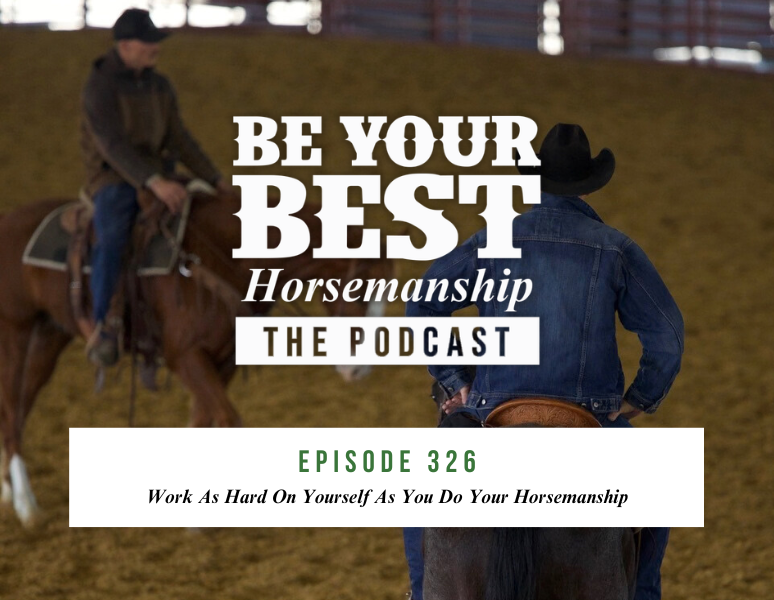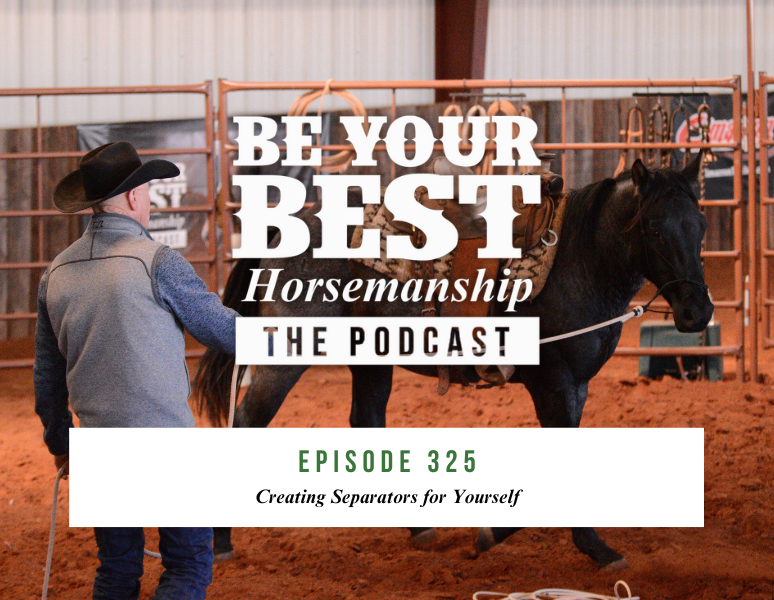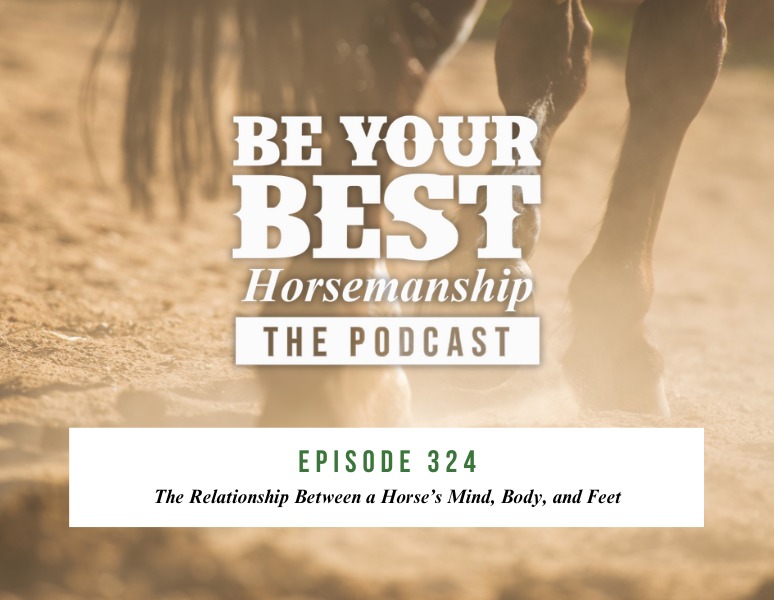Ep 244: How to Work Smarter When You Can’t Work Any Harder
In this episode, I'm addressing a heartfelt comment from Emily, a dedicated listener and trainer. Emily’s comment struck a chord with me because I’ve been exactly where she is now. Her struggles and questions apply to with many of us in the horse industry, or really, in any demanding profession. Here's Emily's comment:
"I remember hearing you say on one of your podcasts that a visiting friend or relative had made a comment that you seemed so happy and content. You said it was because you are now working half as hard and getting twice the amount of work done. I know it wasn't always like that. So how do I get there? I can't possibly work any harder than I currently am. Getting up at 3:00 AM, getting my chores done, paperwork done, planned for the day mapped out. Riding six to ten horses a day, many of them colts who still require a lot of groundwork. Thinking it will somehow work out if I just keep working hard and want it bad enough and I'm happy to do it. I love this life, but I seriously don't see how a trainer ever gets ahead if I hire a couple of kids to help with chores. Sure, it gives me more time to focus on the training, but it eats up any profit margin. So I just work harder, do it all by myself, buy the best quality hay I can feed and feed myself ramen noodles for supper. I don't mind the sacrifices, but my best mare always gets the last exhausted piece of me at the end of a long hot 16-hour day. She deserves better and so do I, but I don't know how to make it better. I don't even know what my vision is. What's all the stuff in between?"
Emily, thank you for your honesty and for sharing your journey. I want to address your concerns and share some insights from my own experience.
First and foremost, hard work always pays off, but not always immediately. The efforts and preparation you put in today may not show results for six to twelve months. This delayed gratification is a fundamental part of the journey. When I was younger, I too worked myself to the point of physical and mental exhaustion, questioning my path and abilities. It’s a roller coaster of emotions and challenges, but those moments of doubt and struggle are part of stepping out of your comfort zone and doing what others might not.
One critical aspect of making progress is understanding that hard work is just the beginning. Efficiency and smart work play a significant role in achieving success. Here are a few strategies that helped me and might help you too:
Time Management and Efficiency:
Assess your daily routine and identify areas where you can save time. For example, improving how you feed, catch, saddle, and work with your horses can save you precious minutes. Over time, these saved minutes add up, giving you more free hours each week.
Value of Groundwork:
Groundwork is essential and sets you up for success when you ride. Don't shortchange yourself or your horses on this foundational work. It builds trust, respect, and confidence, which are crucial for a solid training foundation.
Fee Structure and Financial Management:
Evaluate your fee schedule and ensure it reflects the time and effort you put into training. Your rates should compensate you fairly for your expertise and the results you deliver. Additionally, look at your income and expenses to understand where you can make adjustments for better financial stability.
Niche and Specialization:
Identify what you’re particularly good at and enjoy doing. Creating a niche for yourself can set you apart and attract clients who value your specific skills.
Diversification:
Consider diversifying your income streams. For example, we have bunkhouse apartments and a dog boarding kennel on our property, which provide additional income and support our retirement plans. Diversification can help ensure financial stability even when you’re not directly training horses.
Patience and Long-term Planning:
Remember, patience is key. The more patient you are at the beginning stages of training, the more successful the outcomes will be in the long run. Rushing through foundational work only leads to frustration and setbacks later.
Lastly, I want to emphasize that everyone’s journey is unique. There is no one-size-fits-all solution. It’s about finding what works best for you, continually learning, and adapting your approach as needed.
Emily, you’re not alone in this journey. Many of us have faced similar challenges and found ways to overcome them. Keep pushing forward, stay patient, and trust in the process. Your hard work and dedication will pay off.




